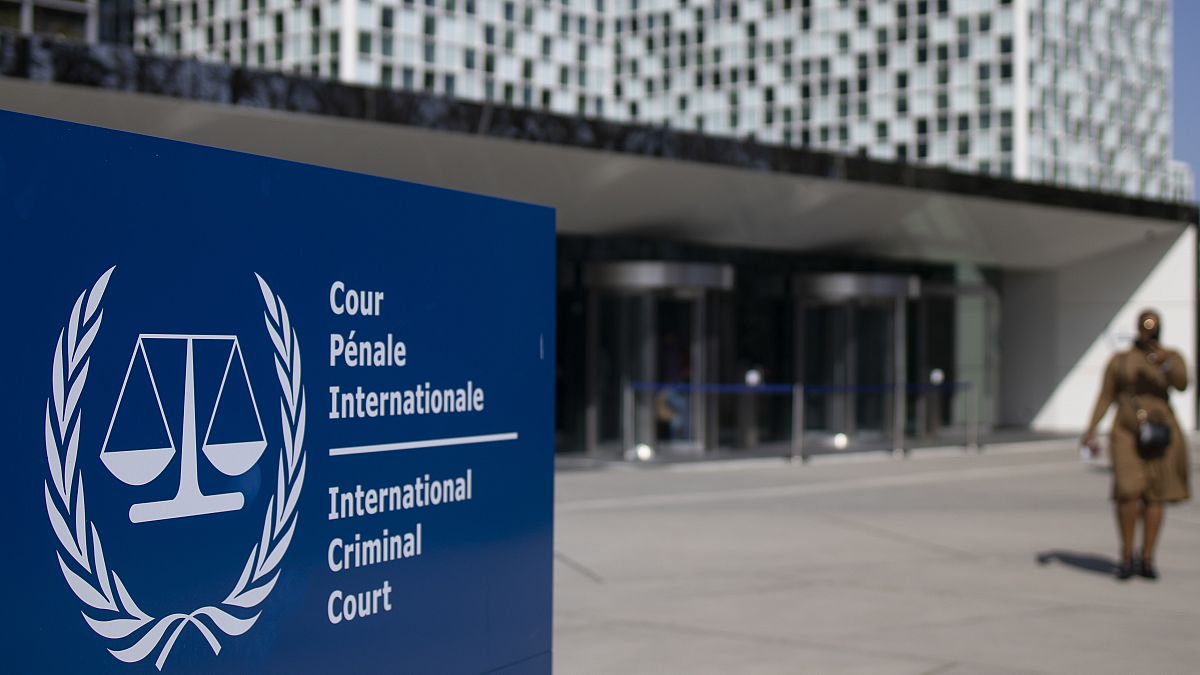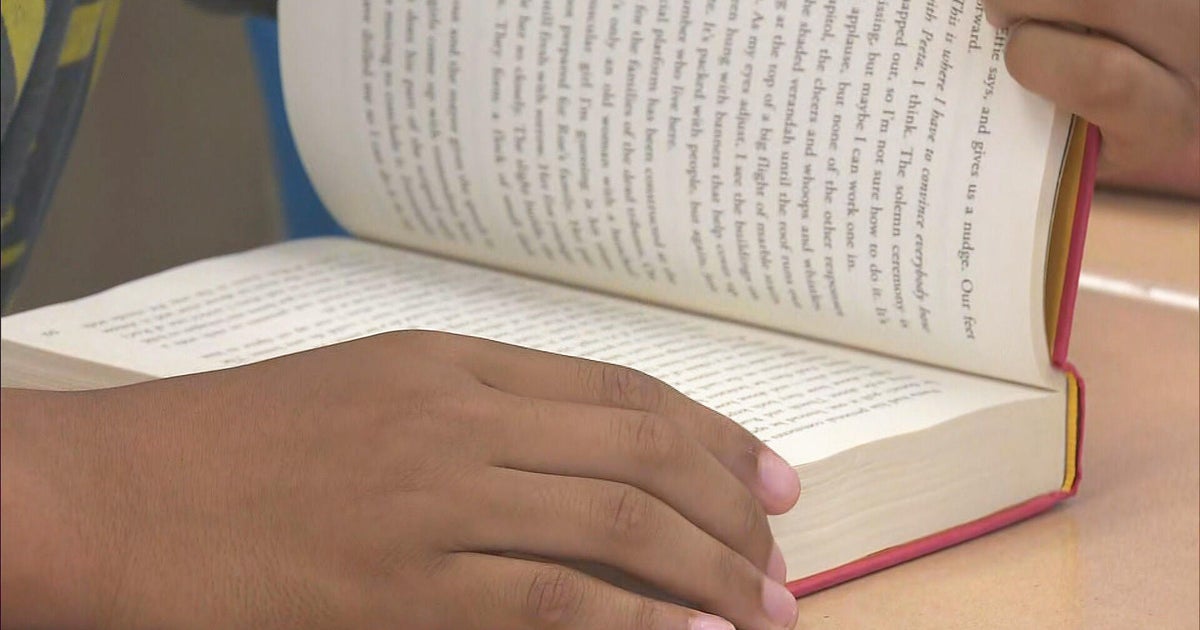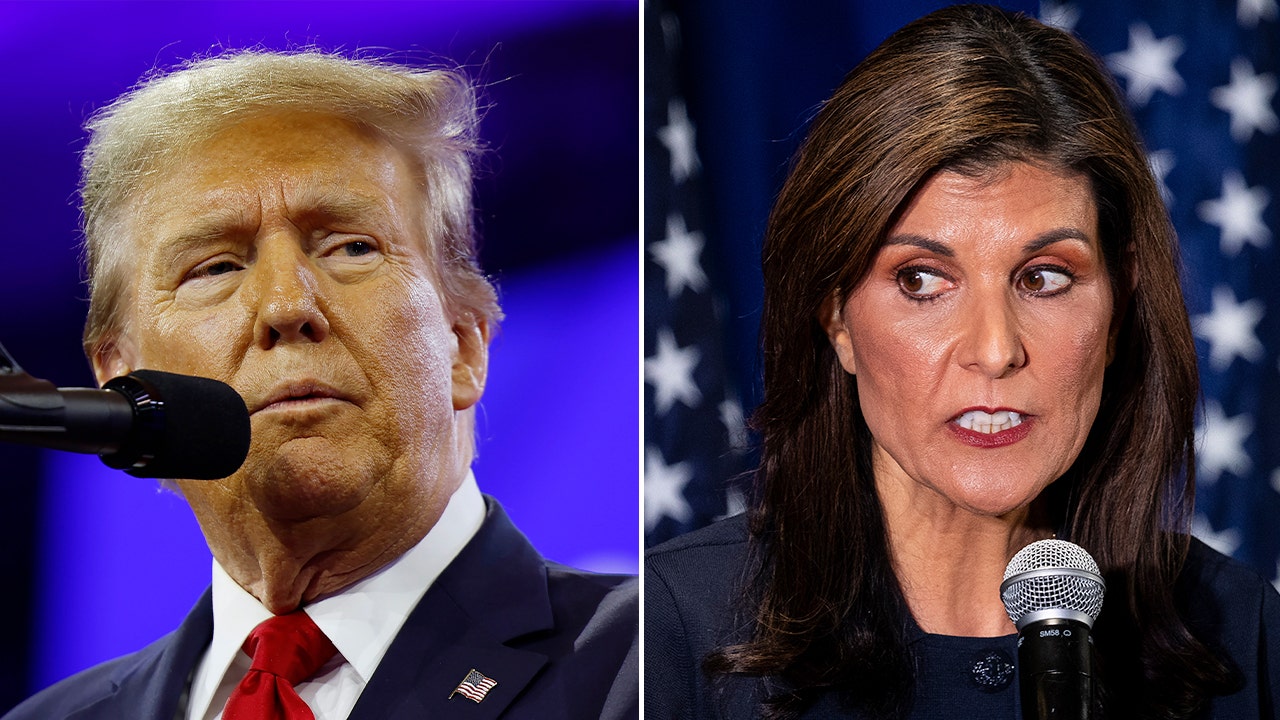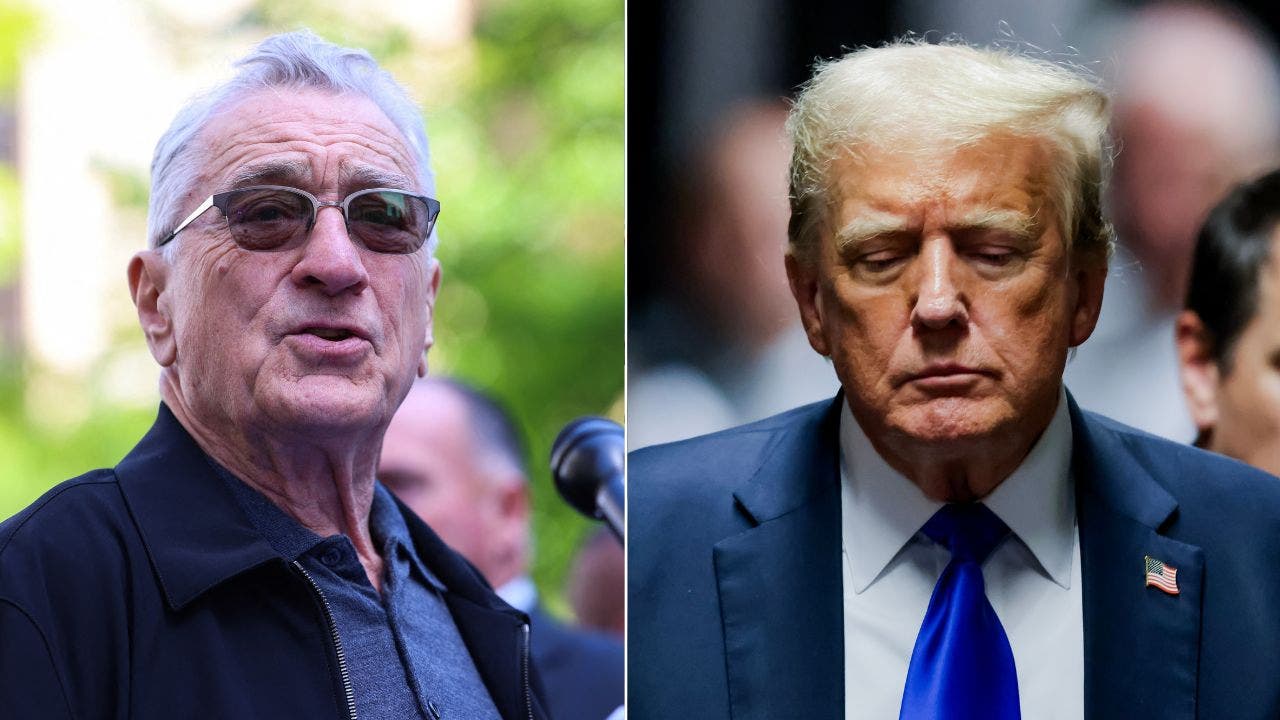World
‘It’s 50/50 chances’: EU on the cusp of major deal on migration
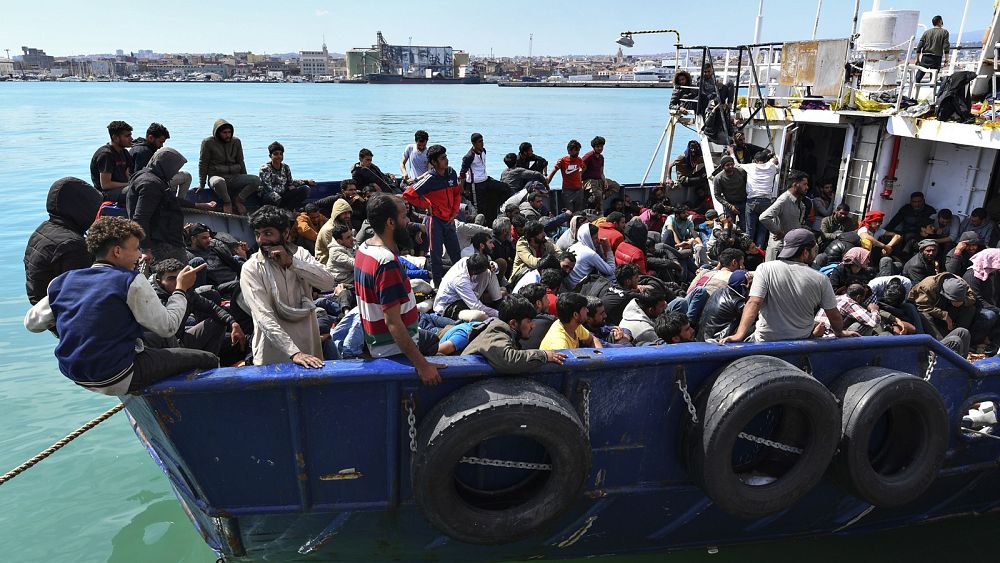
After years of divisive and bitter debates, the European Union is nearing a major deal to establish a unified migration policy.
Ministers of home affairs from across the European Union are meeting today in Luxembourg to decide if they vote or reject a new set of rules to collectively manage the reception and relocation of asylum seekers.
If approved, the agreement would represent an incontestable breakthrough in the long and arduous fight to establish a common framework to govern migration, one of the most explosive and polarising topics on the EU’s agenda.
The EU Council would then be allowed to start negotiations with the European Parliament with the goal of wrapping up the legislation before next year’s EU elections.
The ultimate objective is to do away with the ad-hoc crisis management mode that has been in place since the 2015 migration crisis and has proven woefully inadequate to cope with the challenge of cross-border dimensions.
Last year, the EU received more than 962,000 asylum applications, the highest figure in the past six years.
“It’s 50/50 chances,” said a senior diplomat ahead of the high-stakes vote, speaking on condition of anonymity to express their feelings more freely.
“We’re very hopeful. It’s delicate. But we think it’s possible,” said a diplomat from a different country.
The optimism is being shared by Ylva Johansson, the European Commissioner for home affairs, who on Tuesday said there was a “big chance” to strike a deal.
“If there is a will, there will be an agreement,” Johansson told reporters.
The rules on the table stem from the New Pact on Migration and Asylum, a holistic proposal presented by the European Commission back in September 2020.
The pact’s most innovative element is a system of “mandatory solidarity” that would give member states three options to manage the influx of new arrivals.
- Accept a number of relocated asylum-seekers.
- Pay for the return of rejected applicants to their country of origin.
- Finance so-called “operational measures,” such as infrastructure and transport.
This solidarity mechanism, together with new rules on asylum procedures, are the two pieces of legislation that will be put on the table on Thursday.
But the draft laws have been considerably reworked since the Commission’s 2020 presentation. In fact, ministers will discuss a compromise text drafted by Sweden, the country that currently holds the rotating presidency of the EU Council and acts as an honest broker in the talks.
Sweden circulated its latest proposal on Tuesday evening, leaving officials to pour over the text’s details at record time before Thursday’s meeting.
The compromise has been described as a “fine balance” between solidarity– coded language for relocation – and responsibility – the brunt borne by frontline countries who have to process the majority of asylum applications.
Member states have for years been haggling on how to calibrate the scale.
On the one hand, southern countries, whose asylum systems are often overwhelmed and under-resourced, have repeatedly demanded legally-binding agreements on the redistribution of migrants across the bloc.
Germany, a country with a traditionally migration-friendly policy, has also backed the idea of a permanent system of relocation.
But on the other hand, Central and Eastern European states forcefully oppose any measure that would force them to host asylum seekers within their borders – or even contribute financially to their return, as it is envisioned in the current proposal.
Poland, in particular, has come against a proposed figure of €22,000 that countries will have to pay for each asylum seeker they do not wish to relocate.
The vote on Thursday will be taken by qualified majority, which means the draft law will need the approval of a minimum of 15 member states representing at least 65% of the EU’s population.
“There is momentum,” said a senior diplomat ahead of the vote. “But differences remain. Success is by no means certain.”
According to diplomats, the key vote will be delivered by Italy, which is facing a steep rise in migrants arriving on the country’s shores through the dangerous Mediterranean route.
The government in Rome has declared a state of emergency to deal with the situation, marking the first time since 2011 this radical decision is taken.

World
Kremlin Says Trump Verdict Shows His Rivals Are Using All Means to Get Rid of Him
World
US, allies demand end to North Korean weapon transfers for Russian use against Ukraine
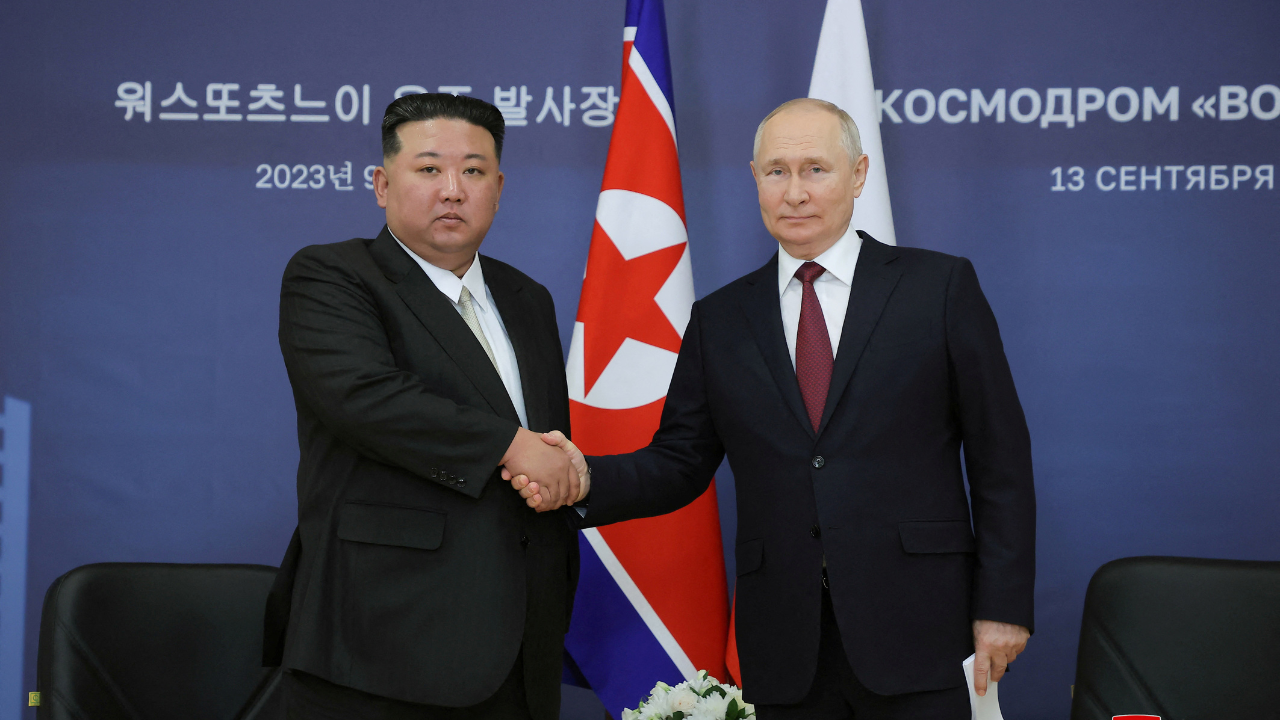
- The U.S. and its main allies have voiced grave concern over increasing cooperation between North Korea and Russia.
- They urged an end to North Korean weapon transfers aimed at Ukraine.
- A U.N. report confirmed a North Korean ballistic missile strike on Kharkiv this week.
The United States and its main allies said on Friday they are “gravely concerned” by deepening cooperation between North Korea and Russia and called for an end to North Korean arms transfers for use against Ukraine.
The U.S. Secretary of State and foreign ministers from Australia, Canada, France, Germany, Italy, Japan, New Zealand, South Korea and Britain, as well as the EU High Representative, issued a joint statement highlighting their recent coordination of sanctions measures in response to such activity.
“Our governments stand in resolute opposition to these continued arms transfers, which Russia has used to strike Ukraine’s critical infrastructure, prolonging the suffering of the Ukrainian people,” they said.
US INTEL SAYS NORTH KOREAN MISSILE DEBRIS IDENTIFIED IN RUSSIAN ATTACK ON KHARKIV: REPORT
“We are gravely concerned by the deepening DPRK-Russia cooperation” in “flagrant violation” of multiple U.N. Security Council resolutions, the statement said, referring to North Korea by the initials of its official name.
Russia’s President Vladimir Putin and North Korea’s leader Kim Jong Un attend a meeting in the far eastern Amur region, Russia, on Sept. 13, 2023. The United States and its main allies said on Friday they are “gravely concerned” by deepening cooperation between North Korea and Russia and called for an end to North Korean arms transfers for use against Ukraine.
Moscow and Pyongyang have denied accusations of arms transfers, but vowed last year to deepen military relations.
Friday’s joint statement condemned Russia’s March veto of a U.N. resolution that would have extended the mandate of an expert panel tasked with monitoring the implementation of U.N. sanctions against North Korea.
“We call on the DPRK and Russia to cease unlawful arms transfers,” the statement said.
Days before its mandate expired, the U.N. panel submitted a report confirming that, in a violation of U.N. sanctions, a North Korean-made ballistic missile known as Hwasong-11 had struck the Ukrainian city of Kharkiv.
Since Russia’s veto, the U.S. and its allies have sought alternative ways to coordinate and monitor sanctions on North Korea. The alleged North Korean arms transfers to Russia have also prompted responses from South Korea and Japan, Britain and elsewhere.
A spokesperson for the U.S. State Department called it “the largest multilateral coordinated DPRK sanctions action to date.”
“We urge both countries to immediately halt their malign activities,” the spokesperson said.
The joint statement called on North Korea to take concrete steps towards abandoning its nuclear weapons and ballistic missile programs and to return to diplomacy.
World
France bans Israeli companies from weapons exhibition

French Defence Ministry suggests the decision is linked to Paris’s opposition to the continuing Israeli invasion of Rafah.
France has banned Israeli companies from participating in this year’s annual Eurosatory arms and defence industry exhibition in Villepinte near Paris next month, the event’s organisers and French authorities have said.
“By decision of the government authorities, there will be no stand for the Israeli defence industry at the Eurosatory 2024 fair,” organisers Coges Events said on Friday.
The French Defence Ministry suggested that the decision was linked to Paris’s opposition to the continuing Israeli assault on Rafah in southern Gaza.
“Conditions are no longer met to host Israeli companies at the show at a time when the President is calling for Israel to cease operations in Rafah,” the ministry told the Reuters news agency.
Seventy-four Israeli firms were set to attend the event from June 17 to 21 at fairgrounds close to Paris’s main international airport, with Coges previously saying about 10 of them were to exhibit weapons.
Last week, a group of activists issued a legal warning and urged Coges to take measures to avoid buying and selling weapons that could be used in “crimes” committed in Gaza or other parts of the occupied Palestinian territory.
ASER, Stop Arming Israel, Urgency Palestine and the France-Palestine Solidarity Association also warned against profits from the fair “reinforcing the economic power of firms likely to participate in these crimes”.
Coges told the AFP news agency that it was “a fair solely for the presentation of defence and security equipment … and in no means a place for deals.”
Friday’s announcement came just days after Israel bombed a camp for displaced people in Rafah in southern Gaza, setting off international outrage and widespread protests in France.
President Emmanuel Macron also said he was “outraged” over the Israeli air raid that killed 45 people in the encampment.
In previous weeks, France joined other Western nations in urging Israel against invading Rafah, which had become home to hundreds of thousands of Palestinians forcibly displaced from other parts of Gaza.
Israel has ignored those warnings and pushed on with a major offensive against Rafah, displacing about one million people from the city. The assault, which saw Israeli forces take over the Rafah crossing with Egypt, has also worsened the humanitarian crisis in Gaza.
Last week, the International Court of Justice (ICJ) – the top United Nations court – ordered Israel to halt its attacks on Rafah.
At least 36,284 Palestinians have been killed and 82,057 wounded in Israel’s war on Gaza since October 7.
-

 Politics1 week ago
Politics1 week agoMichael Cohen swore he had nothing derogatory on Trump, his ex-lawyer says – another lie – as testimony ends
-
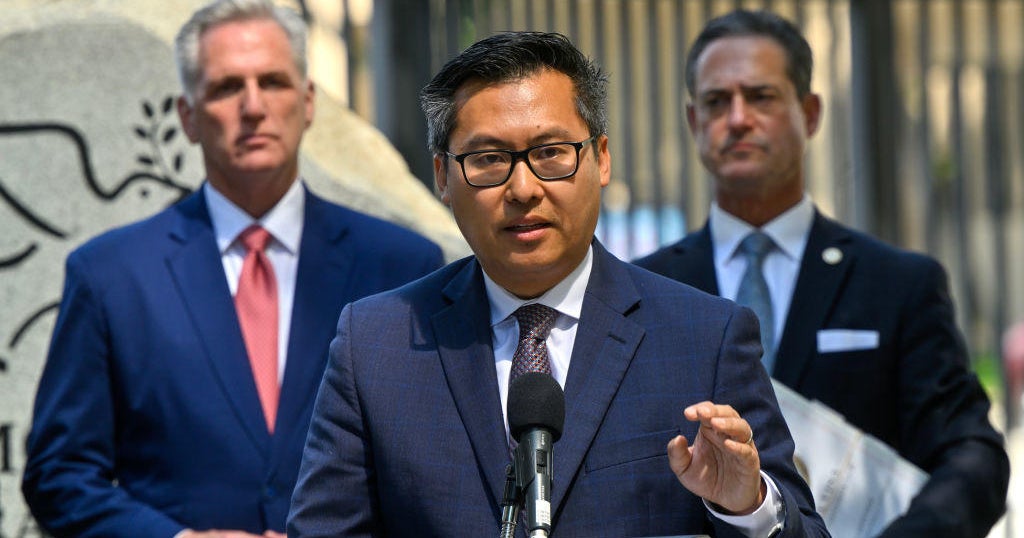
 News1 week ago
News1 week agoVince Fong wins special election to finish term of former House Speaker Kevin McCarthy
-

 News1 week ago
News1 week agoVideo: Midwest Storms Destroy Homes
-

 World1 week ago
World1 week ago€440k frozen in Italy over suspect scam by fake farmers
-

 News1 week ago
News1 week agoBuy-now, pay-later returns and disputes are about to get federal oversight
-

 News1 week ago
News1 week agoRead the I.C.J. Ruling on Israel’s Rafah Offensive
-

 News1 week ago
News1 week agoVideo: Protesters Take Over U.C.L.A. Building
-
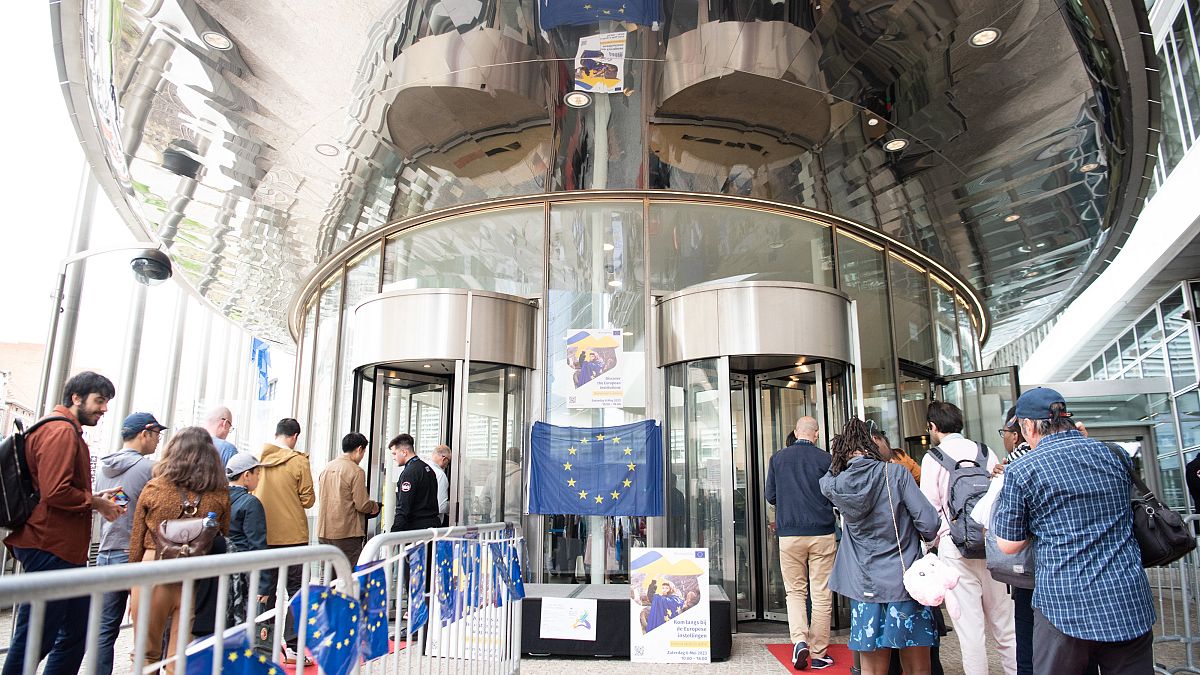
 World1 week ago
World1 week agoOmbudsman probes Commission's senior staff 'revolving door'

